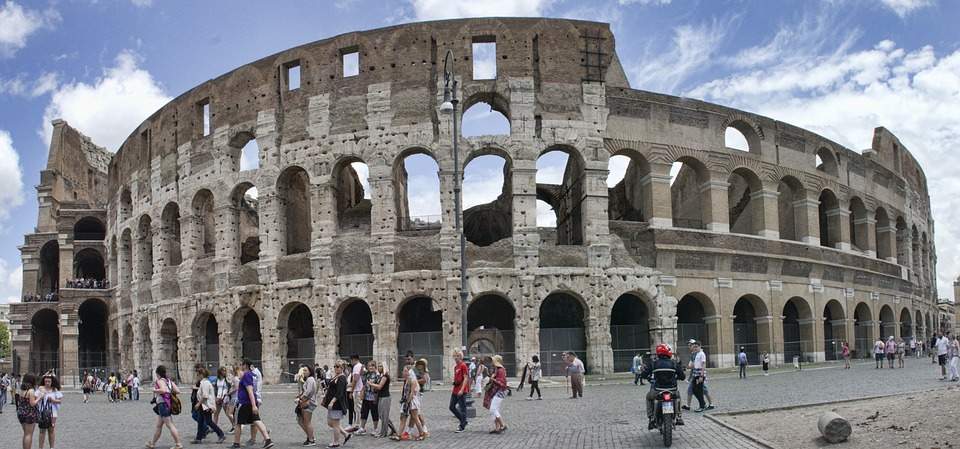There are protests over the new regime to which ticketing at several museums is subjected in the post-emergency coronavirus health reopening: many institutions, in fact, have made reservations mandatory, but have not eliminated pre-sale fees, even for visitors who would be entitled to free tickets. It happens, for example, at Pompeii, the Colosseum, the Scuderie del Quirinale and other cultural venues.
The grassroots therefore moved to report this situation. The first to start were the activists of Do you recognize me? I am a cultural heritage professional, who dedicated an article to this practice on their website, published last June 2: in the piece, the activists call for the removal of pre-sale fees for museums that have made reservations compulsory, and they give the example of the Vatican Museums where the pre-sale fee, which was 4 euros, was cancelled precisely because the museums have imposed mandatory reservations. Mi Riconosci points the finger at the concessionaires of additional services, who collect pre-sale fees. “In times like these,” say the movement’s activists, “some revenue is expected to be waived, especially by those who have earned the most in recent years. And one expects the ministry to raise its voice against those who force even children to pay for a pre-sale that is not there.”
Mi Riconosci is also joined today by Italia Nostra, according to which the reopening of museums should be an opportunity to recover the social role of museums, which, according to the association, has been abandoned in favor of tourist consumption: the interest of Italians in museums, according to Italia Nostra, was demonstrated by the large following that the online initiatives of many Italian museums had. The results therefore seemed good to make culture on its way back to being a major social service, but against this trend, Italia Nostra points out, the model of the past decades, aimed only at cashing in resources, has once again been proposed.
“The most odious condition,” the association writes in a note, “is that of having to go through a seemingly innocuous system of reservations, which limits the right of fruition and, because of the virus containment regulations, makes citizens pay an additional fee. Why charge a fee? And if the costs no longer correspond to the dastardly covenants delegated by the state (assuming that cost covenants between state and concessionaires exist and are respected) why make Italian families pay for them?”
According to Italia Nostra, “going to the Museum, to the Colosseum, cannot be like going to a concert or a soccer game and should not require a ticket that has become very expensive.” The association then gives the example of the Pinacoteca di Brera, which granted free admission to everyone throughout the summer: “the choice adopted by the management of the Pinacoteca di Brera,” Italia Nostra concludes, “is in this case exemplary, because it reinforces the relationship with the community that hosts the Pinacoteca, opening up to it the great emotional and creative content of the museum, custodian today of our sentimental education and not a place of stale and dusty nobility.” Finally, Italia Nostra asks the government du “have the courage to restart Italy from a strongly innovative and social vision, based on the inclusive enjoyment of our cultural heritage, which identifies in every Italian city of art the place, the Agora, where citizens can experience the daily happiness of belonging to this wonderful country, without having to worry about how much they spend.”
 |
| Museums, reservations become mandatory but are charged: grassroots denounce the situation |
Warning: the translation into English of the original Italian article was created using automatic tools. We undertake to review all articles, but we do not guarantee the total absence of inaccuracies in the translation due to the program. You can find the original by clicking on the ITA button. If you find any mistake,please contact us.